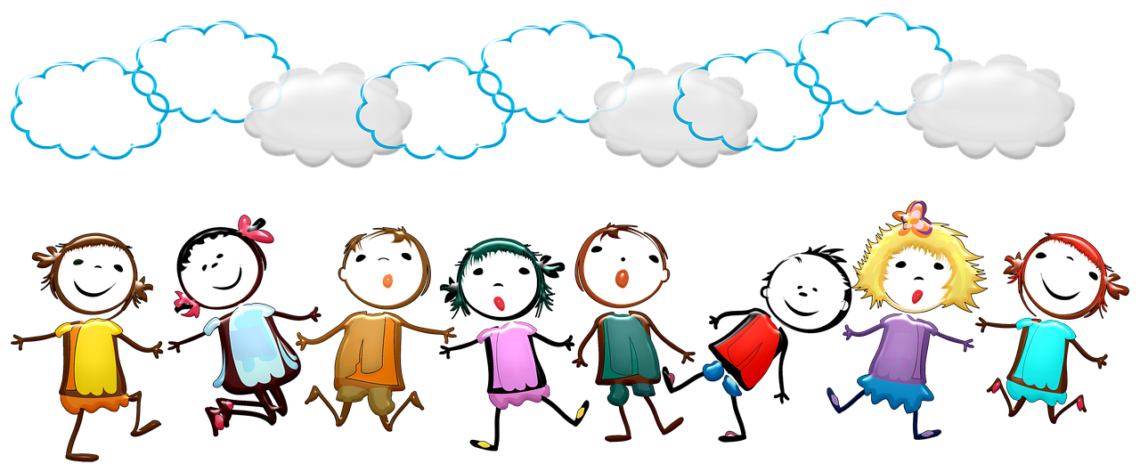-
Remote and Hybrid Work Is Here To Stay: How Are You Catching Up?
Even five years ago, calling into a meeting was not very encouraged. But this Covid19 pandemic suddenly turned the culture upside down. Nowadays, organizations are having difficulty bringing people back to physical offices. Two years of forced remote work taught us that we don’t have to be in one physical place to be productive. Historically, pandemics changed societies. In 1347, the Black Death’s most significant socioeconomic legacy was its role in ending feudalism. In 1819, the Spanish Flu revolutionized public health, spawning the new fields of epidemiology and virology. In addition, it led several Western European countries to adopt universal healthcare systems that are still in operation. Remote and Hybrid…
-
Conversations To Foster Greater Understanding
Recently this post by an organizational psychologist at Wharton, Adam Grant, went viral on LinkedIn. He said: The clearest sign of intellectual chemistry isn’t agreeing with someone. It’s enjoying your disagreements with them. Harmony is the pleasing arrangement of different tones, voices, or instruments, not the combination of identical sounds. Creative tension makes beautiful music. I commented there, which became most popular on that post (80+ likes and 20 comments). I would add, keeping the intention of understanding as the purpose, and not so much of agreement or disagreement. That way, it becomes less subjective. For example: instead of “I disagree,” one can say, “Can you give me an example where…
-
From Jerk to Genuine: How These High Performers Built Trust With Their Teams
Result and efficiency-driven high-performing individuals often have a blindspot when relating to others. It can create unintended harm to team morale and trust. Others tolerate such “jerk” behavior as subject matter expertise, and “get things done” competencies are valued more. It is not that they don’t get any feedback to correct their behavior, but rather the opposite. They don’t get timely and precise feedback. People want to understand the feedback before they can act on it. And when they do, they commit to it and eventually become more impactful. “I have been receiving this feedback for so many years. However, this is the first time I can understand it.” This…
-
Career satisfaction, Communication, Executive Presence, Happiness, Leadership, Personal Brand, Self-leadership
Is “Authenticity” Backfiring On You? Here Is Why
Theresa, a senior developer in a tech firm, said that their management encouraged them to be authentic. It prompted her to be passionately sharing some of her opinions. There was only one problem: others saw it as negativity bias, resulting in some stern feedback from his manager. Prakash, a senior Director, was frustrated with his team’s progress and didn’t hide it during the team meeting. It cost him a promotion. Jim, a business development manager, said that he felt lonely to be constantly fighting for the right thing when others were too comfortable tolerating the mediocre decisions the team was making. All three stories have one thing in common. They…
-
Brainstorming? Focus On 10% Right
As engineers and tech leaders, we are rewarded for our analytical skills in finding code defects and design issues early on. We often keep applying this same trait to the people we work with. When we hear an idea, we find the possible shortcomings and “defects” and point those out. With all good intentions, we assume it will be efficient if we say it sooner, as it will save time for everyone. The downside of this approach is we are dealing with people who have emotions and egos. When we shoot down someone’s idea, we hurt their feelings – they feel discouraged and unappreciated. Eventually, we lose their engagement in…




